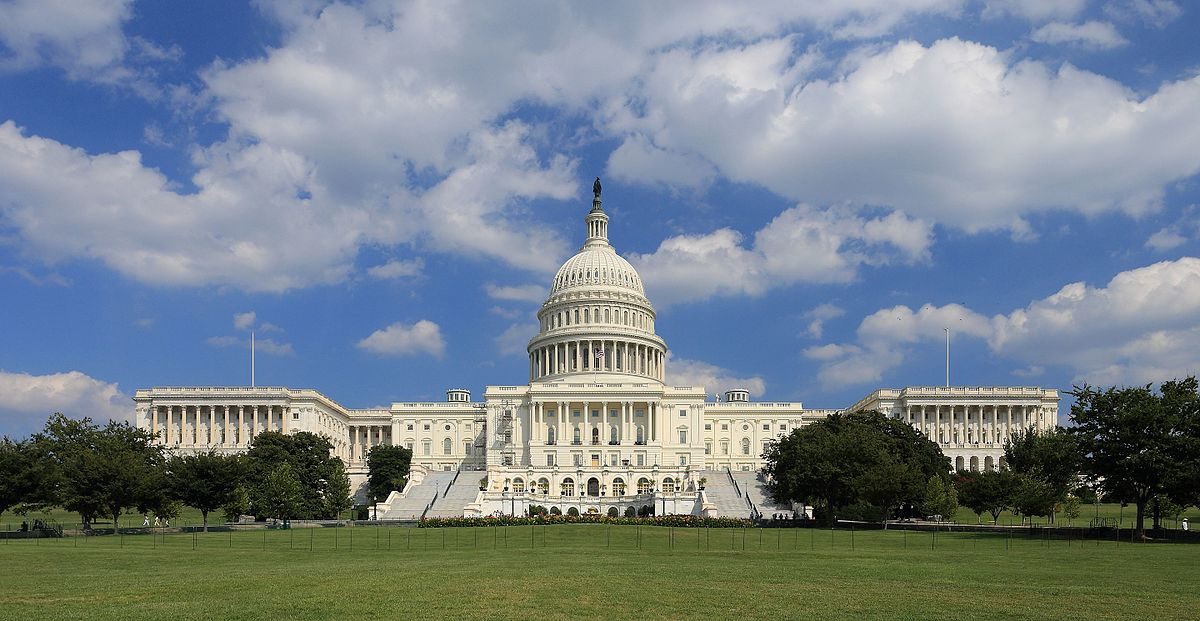Dwindling Social Security Check? Here’s a Few Reasons Why

For viable workers looking towards the future, Social Security benefits may be lower than what current estimates are showing. Listed are six possible reasons your Social Security benefits might be dwindling as you head into retirement:
Claiming Benefits Too Soon
An estimate of your anticipated benefits at retirement, aged 62, and aged 70, would be available on your Social Security statement unless you’ve registered to receive Social Security at a different age, which would mean those numbers would be different. 66 or 67 is what is considered full retirement age, and if you claim any of your benefits before then, payments can be reduced beyond the estimate once you retire. Charles Green, principal at Cheshire, Connecticut’s Springboard Asset Mangement suggests that a person should assume their benefits to be lower if a person plans on retiring before the typical retirement age of 66.

Advertisement
Advertisement
An Adjustment in Your Earnings
Your 35 highest-earning working years are what your personal Social Security benefits are calculated from. If you don’t pay into Social Security over those 35 years, then you are looking at a reduction in your monthly check. It is assumed you will continue earning what you are earning when the estimate for your Social Security is listed. Benefits will be lower if you get demoted, take a pay cut, or are not working during any of that time. As Alexandra Baig, the financial planner at Brookfield, Il. Companions On Your Journey put it: “If you worked some years at a very low level…those low-earning years would bring down your average.”
Withholding Premiums on Medicare Part B
In 2019, the standard monthly premium for Medicare Part B is $135.50. Withholding premiums from your Social Security is what most beneficiaries do. If you are enrolled in both Social Security and Medicare Part B, you won’t see lower benefits even if your premiums increase. That is because it’s illegal to reduce payments for most recipients of Social Security, though it could cut into some of your cost-of-living adjustment. Higher Medicare Part B premiums are paid by married couples making over a combined $170,000, or single people making over $85,000. And according to John Stanton Burns, the CEO of St. Charles, Mo. Oakview Wealth Solutions, this could be especially true in years where Social Security sees no cost-of-living increases.
Increase of Premiums on Medicare Part D
Medicare Part D premiums can fluctuate based off your plan and the current year. It is technically legal for the premiums on these to decrease your planned Social Security benefits, even if you had Medicare Part D withheld from your Social Security check. Therefore, a premium increase would decrease the money you’re taking home. Make sure that you’re aware of all your options, as beneficiaries are permitted to change plans each year when the open enrollment period rolls around. Make sure you’re picking the plan that is right for you.
Withholding Money from Your Taxes
If you are retired, you shouldn’t have to pay taxes on your benefits if Social Security is your sole source of income. If you have a secondary source of income though, you may owe the taxman a percentage against your benefits. There are thresholds. If half of your benefits is greater than $32,000 as a couple or $25,000 and a single individual, your Social Security benefits may be subject to partial taxes. Withholding your federal taxes from your Social Security check is an option for retirees at 7 percent, 10 percent, 12 percent, or 22 percent respectively.
Working and Collecting Simultaneously
Working after you begin collecting your Social Security benefits if you haven’t reached the full retirement age will have part or all of their benefits held temporarily. If you are under 67, you will have $1 held against every $2 earned, if you make more than $17,640 this year. This continues every year until the full retirement age is reached. After that, there is no longer any penalty for continuing to work and claiming benefits, and you should receive a credit for what you withheld while you previously continued to earn.







